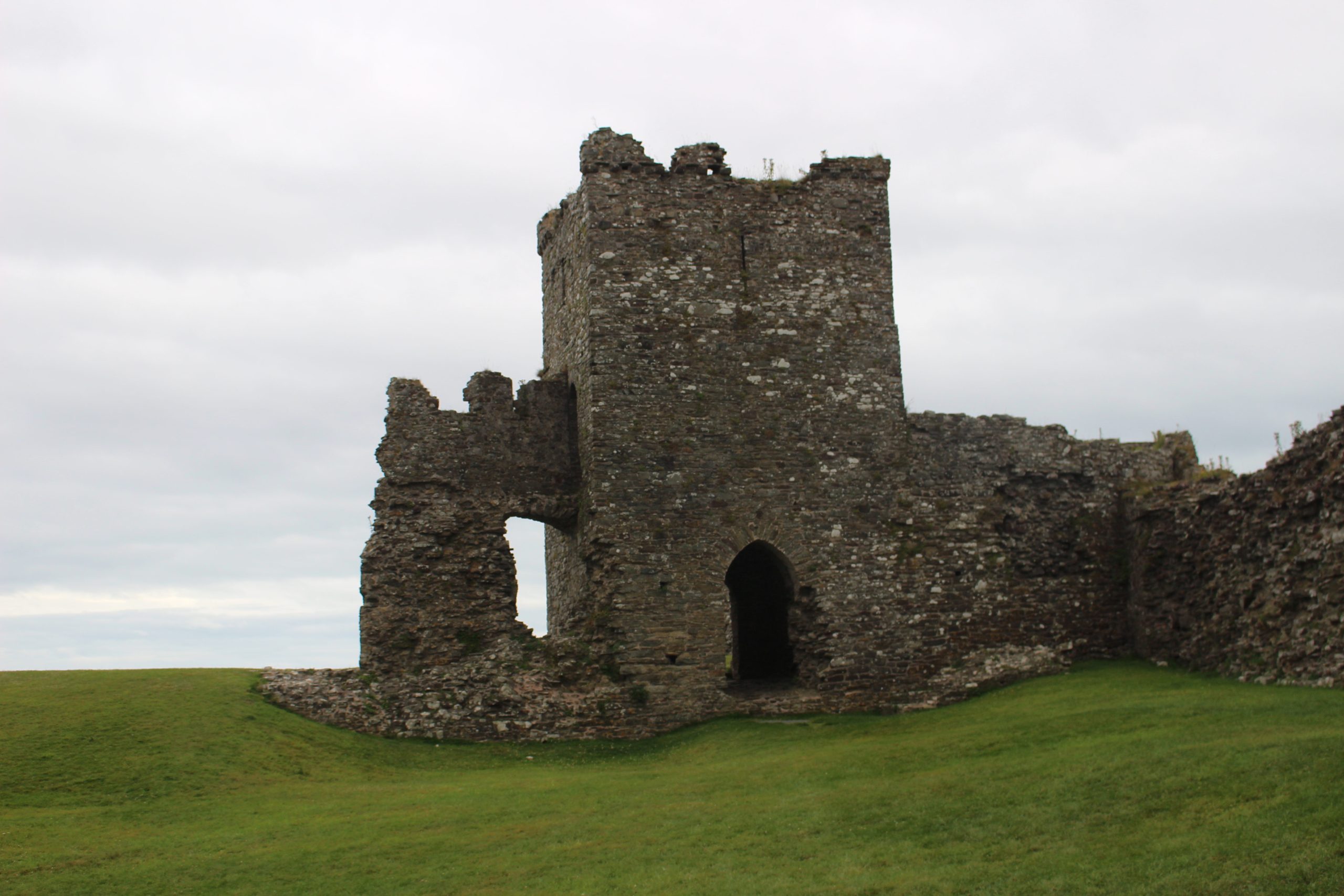
Introduction
I’ve been working on this article for some time now, here and there dipping into Historical materialism, the primary Marxist methodology to studying not just history, but the approach to making history. But it was after reading three Marxist works: ‘Fundamental Problems of Marxism’, ‘The Materialist conception of history’ and ‘The role of the individual in History’ by the Russian Marxist George V. Plekhanov that helped give me the tools needed to take a bash at this by writing up my own brief history of Britain, starting from Medieval times to present day capitalist society . This article is more a clarification of my own knowledge in Marxism and a brief overview in applying that knowledge.
By examining the economic development of Britain through the analytical framework of Marxist historical materialism, one can trace a vivid, dialectical progression from agrarian feudalism to capitalist industrialism. This transformation was neither inevitable nor accidental—it was the result of material contradictions, economic development, class struggle, and the evolution of productive forces and relations of production over centuries. Britain’s rise as the ‘workshop of the world’ is a textbook case of development through historical materialism.
One crucial thing we must acknowledge is DIALECTICS, did that get your attention? Good, because without a basic understanding of dialectics, this methodology will be like going up S***s creek without a paddle—an absolute mess to our comprehension. Dialectics isn’t just some abstract philosophical add-on—it’s the engine that drives historical materialism. Without it, you’re left with a flat, mechanical view of history, where change is either accidental or linear. Historical materialism isn’t about observing the world like a neutral historian—it’s about seeing how human beings, through class struggle, make history as they continually change their material circumstances in dialectical relationship with the physical world.
The Feudal Base: Landed Power and Agrarian Production
Rolling back to medieval Britain and we’ll see the dominant mode of production was feudalism. Land was the principal means of production, and its ownership defined power relations. The economic base rested upon the labour of the peasantry, who were tied to the land and owed various forms of rent and labour dues to the landed aristocracy. This arrangement was ideologically justified through religious doctrine and the divine right of kings, forming the superstructural support for the feudal base.
Under feudalism, production was largely for subsistence, and the surplus extracted by the lords took the form of grain, labour, or small payments in kind. However, this system was inherently riven with contradiction. As peasants gradually gained autonomy and as towns grew, the limits of feudal production became increasingly apparent. The Black Death (1348–1350), for instance, severely disrupted the labour supply, enhancing the bargaining power of peasants and accelerating the decline of manorial obligations.
The Primitive Accumulation of Capital
Marx referred to the period of transition from feudalism to capitalism as one of “primitive accumulation”. In Britain, this involved the violent separation of the peasantry from the means of production—land. The enclosure movement, spanning from the 15th to the 18th centuries, systematically transformed common lands into private property. Thousands were dispossessed and forced into wage labour or pauperism. This process, backed by the state and justified by the emerging bourgeois ideology of property rights, created both a proletariat and a capitalist landowning class.
Simultaneously, Britain began expanding overseas, launching colonial ventures that would further accelerate capital accumulation. Wealth extracted from enslaved peoples and colonised territories funded domestic industry and banking. This accumulation, built on exploitation, laid the foundations for the Industrial Revolution.
The Industrial Revolution: Triumph of Capital
By the late 18th century, Britain was ready for a new mode of production. The capitalist relations born of primitive accumulation merged with technological innovation, resulting in the Industrial Revolution. The steam engine, mechanised spinning, and ironworks radically transformed the productive forces. But more importantly, the social relations of production changed: wage labour became the norm, and capitalists owned the means of production—factories, machines, and raw materials.
The proletariat, now the dominant producing class, were ushered into industrial towns and cities and sold their labour power in exchange for wages. Yet, as Marx posited, the value they produced exceeded the value of their wages—the surplus value was appropriated by capitalists, the basis of profit. Class struggle intensified as workers demanded shorter hours, better conditions, and the right to organise.
Urbanisation and the factory system also transformed the superstructure. Legal, political, and educational institutions evolved to reflect and reinforce capitalist ideology—individualism, meritocracy, and market rationality. The Reform Acts, the Poor Laws, and later, the Factory Acts, were not mere acts of compassion but attempts to stabilise the contradictions of capitalism and ensure the reproduction of labour power.
Empire, Monopoly, and the Export of Contradictions
By the mid-19th century, Britain was the global hegemon, using its empire to resolve some of the internal contradictions of capital. Foreign markets absorbed surplus goods; colonial labour and resources offset falling rates of profit. As Lenin later argued in his theory of imperialism, this export of capital and the formation of monopolies marked a new phase of capitalism—what he called its “highest and final” stage.
But even imperialism could not resolve the contradictions indefinitely. The crises of overproduction, class antagonism, and imperial rivalry led to instability. The late 19th and early 20th centuries saw growing labour unrest, socialist agitation, and the gradual erosion of Britain’s industrial supremacy.
Conclusion: Dialectics in Motion
Britain’s economic development, when viewed through the lens of historical materialism, reveals a dialectical movement driven by class struggle, technological change, and the transformation of social relations. Each epoch contains the seeds of its own negation: feudalism gave rise to bourgeois property; capitalism, in turn, fosters the potential for proletarian revolution—or so the Marxist metanarrative predicts.
In today’s Britain, dominated by finance capital, precarious labour, and mounting income inequality, those contradictions have not disappeared—they’ve simply mutated. The logic of capital continues to shape life, from zero-hour contracts (like yours truly) to soaring housing costs. While Britain may no longer be the industrial powerhouse it once was, the contradictions of capitalism remain—and unless something gives, we’ll keep living through its crises, not past them.

